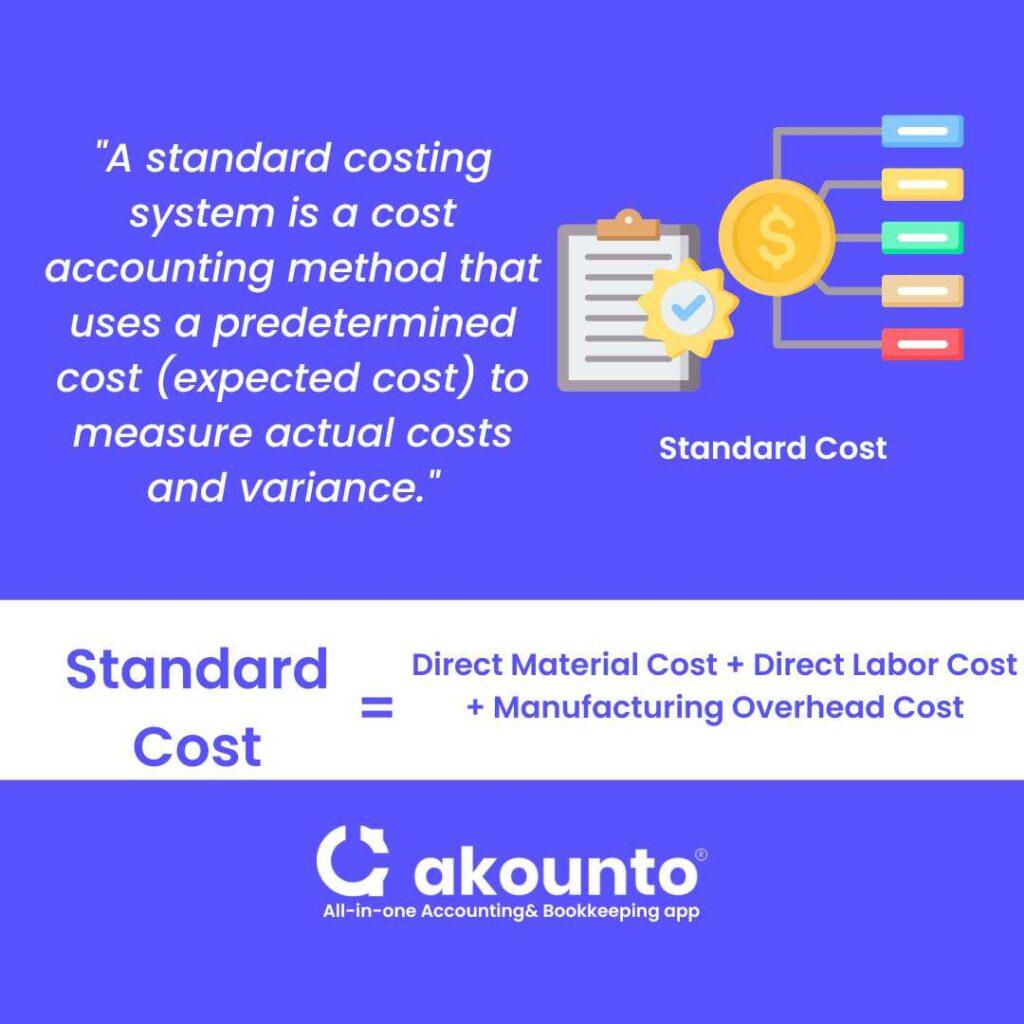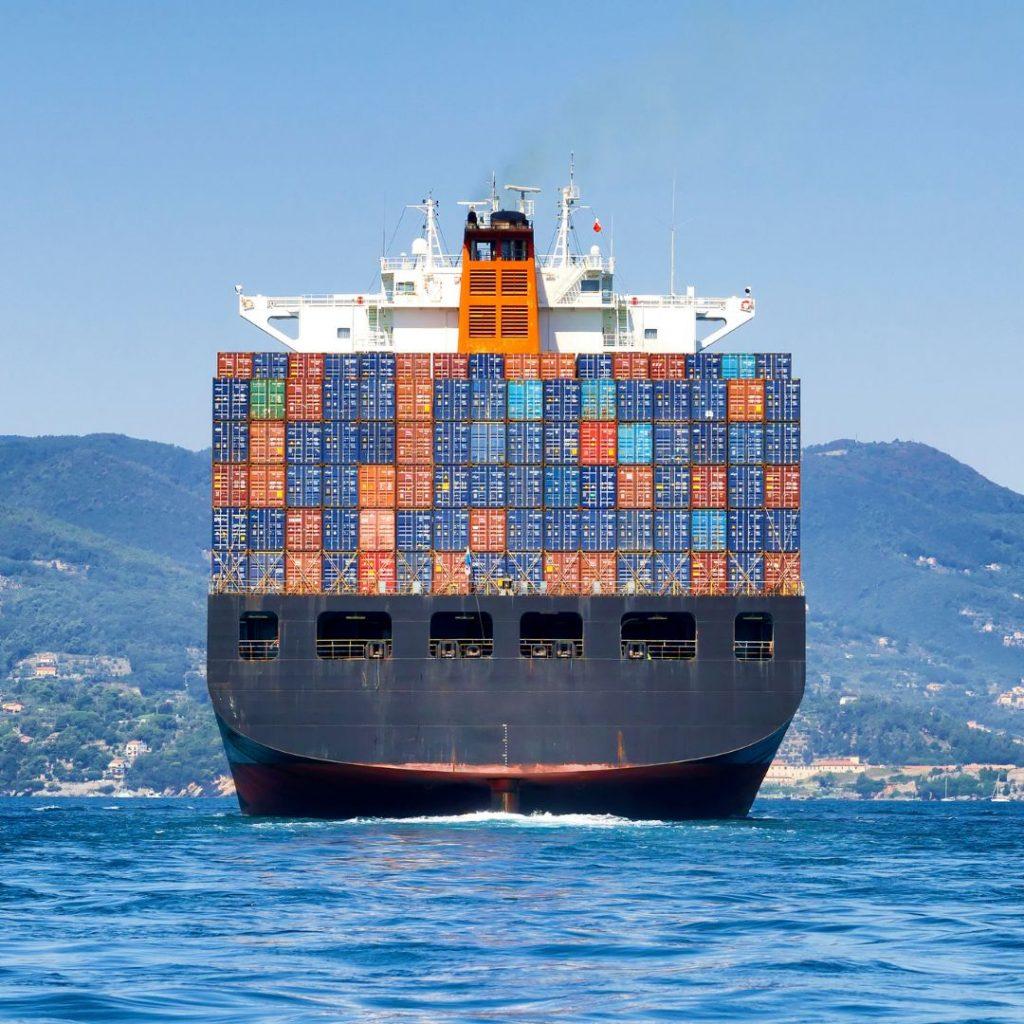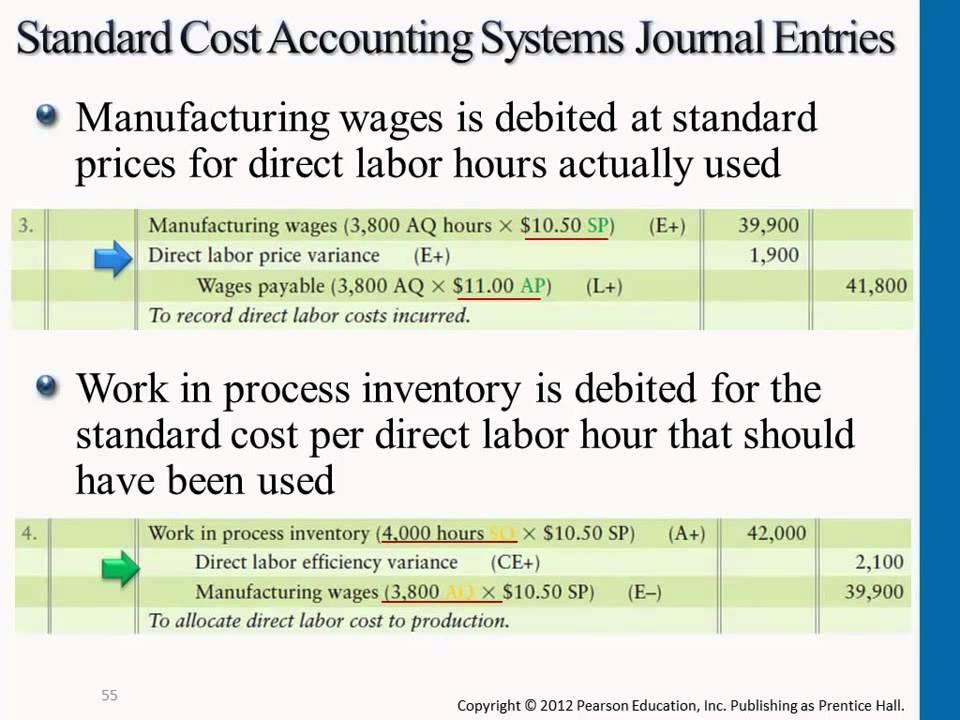In the fast-paced world of logistics, mastering the Standard Cost Accounting System is essential for keeping your shipping operations running smoothly. From managing transport costs to analyzing shipping expenses, this article explores how companies can streamline their financial processes to ensure success in the competitive world of transportation. Join us as we delve into the world of Standard Cost Accounting System Logistics and discover the key strategies for optimizing your shipping operations.
Understanding Standard Cost Accounting System in Logistics
When it comes to managing costs in the logistics industry, having a standard cost accounting system in place is crucial for efficiency and profitability. This system allows companies to set standard costs for various aspects of their operations, such as transportation, warehousing, and shipping. By comparing these standard costs to actual costs incurred, businesses can identify areas where they may be overspending and take corrective actions.
One of the key benefits of a standard cost accounting system in logistics is the ability to track and control costs more effectively. With this system, companies can easily monitor variances between standard costs and actual costs, allowing them to make adjustments as needed. Additionally, having a standardized system in place can help streamline financial reporting and analysis, making it easier for management to make informed decisions about resource allocation and pricing strategies.

Optimizing Transport Costs through Standard Cost Accounting
Standard cost accounting plays a crucial role in optimizing transport costs for businesses. By implementing this system, companies can better understand and control their transportation expenses, leading to improved efficiency and profitability. Standard cost accounting enables businesses to set predetermined costs for different transport activities, such as shipping, warehousing, and distribution. This allows companies to easily compare these standard costs to actual costs, identify discrepancies, and take corrective actions to minimize expenses.
Furthermore, standard cost accounting provides valuable insights into the factors that impact transport costs, such as fuel prices, carrier rates, and route efficiency. By analyzing this data, businesses can make informed decisions to streamline their logistics operations and reduce overall transportation expenses. With the help of standard cost accounting, companies can enhance their supply chain management processes, increase cost-effectiveness, and gain a competitive edge in the market.

Improving Shipping Efficiency with Standard Cost Accounting
When it comes to improving shipping efficiency, implementing a standard cost accounting system can make a significant impact. By using standard costs for materials, labor, and overhead, businesses can better track and control their shipping expenses. This allows companies to identify areas where costs can be reduced and efficiency can be optimized, ultimately leading to a more streamlined and cost-effective shipping process.
With standard cost accounting, businesses can also set realistic benchmarks for their shipping operations. By comparing actual costs to standard costs, companies can easily identify any variances and take corrective action as needed. This level of visibility and control can help businesses make informed decisions about their shipping strategies, leading to improved efficiency and cost savings in the long run.

Key Recommendations for Implementing Standard Cost Accounting in Logistics Operations
In order to successfully implement standard cost accounting in logistics operations, it is important to follow key recommendations that can ensure accuracy and efficiency in financial reporting. One key recommendation is to regularly review and update the standard costs assigned to various activities within the logistics process. By keeping these costs current and reflective of market conditions, organizations can better track and analyze their expenses.
Another important recommendation is to establish clear communication channels between the finance and logistics departments. This collaboration can help ensure that standard costs are accurately captured and reflected in financial reports. Additionally, implementing cost variance analysis can help identify areas where actual costs deviate from standard costs, allowing for timely adjustments to be made to improve cost management practices.
Wrapping Up
In conclusion, the Standard Cost Accounting System in logistics, transport, and shipping plays a vital role in helping businesses manage their costs and improve their operational efficiency. By providing a standardized method for tracking and analyzing expenses, companies can make more informed decisions and optimize their supply chain processes. As technology continues to evolve, the integration of cost accounting systems will only become more important in driving success in the transportation industry. So, embrace the power of standard cost accounting and watch your business soar to new heights of profitability and sustainability. Thank you for reading!
